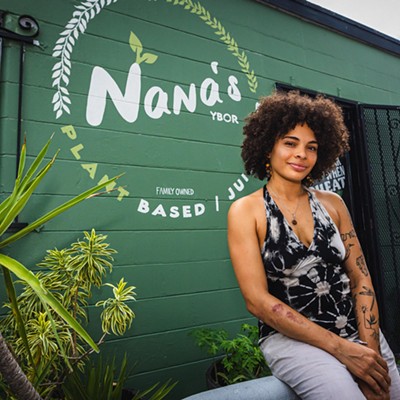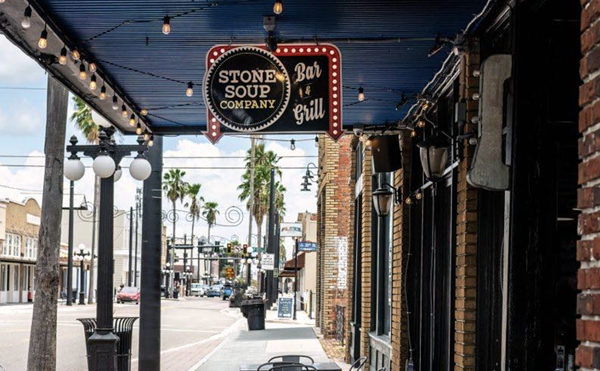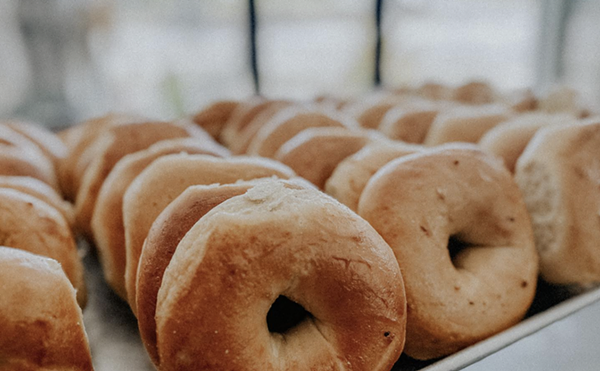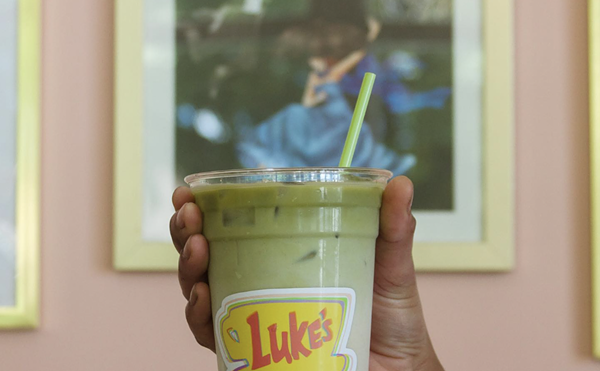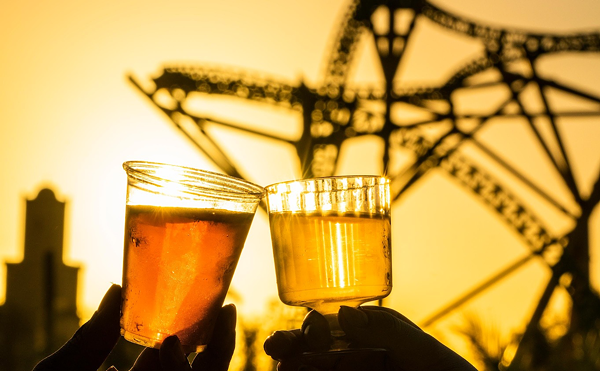What is biodynamic farming? Biodynamic farming is very closely related to organic farming, using manure and composts in their soil, as well as the practices of cover crops, green manures and crop rotations. It also involves the use of an astronomical sowing and planting calendar. Biodynamic agriculture sees the farm as an organism, a self-contained entity with its own individuality. NCAT Agricultural Specialist Steve Diver states,
"A basic ecological principle of biodynamics is to conceive of the farm as an organism, a self-contained entity. A farm is said to have its own individuality. Emphasis is placed on the integration of crops and livestock, recycling of nutrients, maintenance of soil, and the health and well being of crops and animals; the farmer too is part of the whole. Thinking about the interactions within the farm ecosystem naturally leads to a series of holistic management practices that address the environmental, social, and financial aspects of the farm."
Quivira's website says of using the celestial calendar to farm:
"Biodynamics, in addition to encapsulating the techniques described above, prescribes many practices that fall under a more spiritual, even mystical heading. These practices, some of which are guided by the lunar and celestial calendar, seem to defy explanation: while modern science can't quantify how they work, they appear to have a profound influence on the health of our vines, the fruit these vines produce and the finished wines."
Instead of using synthetic fertilizers, Quivira uses compost from winery residue and cover crops to add organic material that feed the vines, thus returning fertilizing elements back into the soil. "Cow horns are filled with organic cow manure and buried at Winter Equinox. They are dug up at Summer Equinox and the dehydrated, powdery mixture is used to create a fertilizer 'tea' for the vineyards." Instead of using herbicides to kill weeds on the vineyard floor, the use a "hoe plow" to smother most of the in-row weeds; the rest being removed by hand. Between rows, weeds are controlled by the mown cover crop or by tilling the soil.
The estate includes a Biodynamic and organic garden where they provide the local markets with fresh produce and educate people on their farming and viticultural practices. The garden includes 120 raised beds, a Biodynamic prep tower, pond, greenhouse and chicken coop. "Due to its proximity to our winery and tasting room, this garden area offers visitors the chance to witness up close the unique elements and unusual techniques that go into Biodynamic farming."
As if they weren't eco-friendly enough already, Quivira uses a 55kW solar electric system to supplied 100% of their energy needs. They've also reduced their water usage with a steam cleansing machine that uses 98% less water than does traditional barrel cleansing and soaking routines. By using the natural elements to harvest energy, they are saving the atmosphere of hundreds of pounds of carbon dioxide a year.
[image-1]Quivira started farming biodynamically in 2002 and received its organic and Biodynamic certifications in November of 2005. They were also recently awarded certification through the Demeter Association, a non-profit organization and the only certification agent for Biodynamic® farms, processors and products in the United States.
[image-2]I recently tasted a wine from Quivira Vineyards during our last Top Chef Podcast when Taylor popped open a bottle of their 2007 vintage single vineyard Grenache (also see her post on biodynamic winemaking and a blurb about Quivira on this post). It was a delight for both the nose and the palate with strawberry, rose petal, and mild black cherry aromas; a bit peppery in flavor with some black cherry and plum notes. It had mild tannins and a nice, smooth finish. Bonus: very affordable.
Obviously, Quivira is doing something right with their ways of farming and viticulture and it shows in their product. I highly suggest you go out and buy some of their wines, as well as others from biodynamic, sustainable, and eco-friendly winemakers.
Check out Quivira's online shop and recipe page for great food pairings to go along with their wines.


